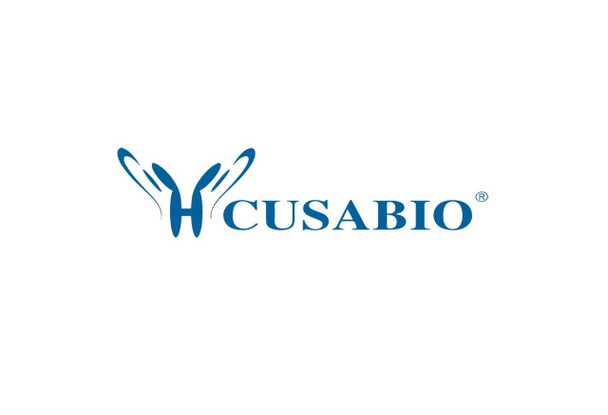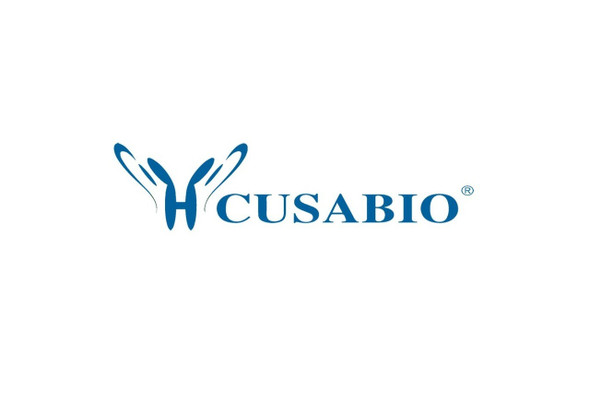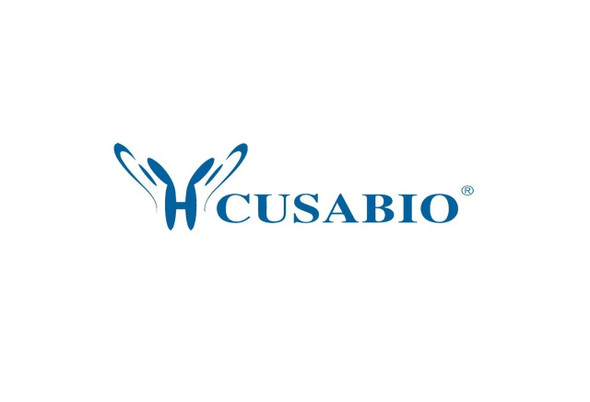Cusabio Polyclonal Antibodies
RCHY1 Antibody | CSB-PA822281ESR2HU
- SKU:
- CSB-PA822281ESR2HU
- Availability:
- 3 to 7 Working Days
Description
RCHY1 Antibody | CSB-PA822281ESR2HU | Cusabio
RCHY1 Antibody is Available at Gentaur Genprice with the fastest delivery.
Online Order Payment is possible or send quotation to info@gentaur.com.
Product Type: Polyclonal Antibody
Target Names: RCHY1
Aliases: RING finger and CHY zinc finger domain-containing protein 1 (EC 2.3.2.27) (Androgen receptor N-terminal-interacting protein) (CH-rich-interacting match with PLAG1) (E3 ubiquitin-protein ligase Pirh2) (RING finger protein 199) (RING-type E3 ubiquitin transferase RCHY1) (Zinc finger protein 363) (p53-induced RING-H2 protein) (hPirh2), RCHY1, ARNIP CHIMP PIRH2 RNF199 ZNF363
Background: Mediates E3-dependent ubiquitination and proteasomal degradation of target proteins, including p53/TP53, P73, HDAC1 and CDKN1B. Preferentially acts on tetrameric p53/TP53. Monoubiquitinates the translesion DNA polymerase POLH. Contributes to the regulation of the cell cycle progression. Increases AR transcription factor activity.
Isotype: IgG
Conjugate: Non-conjugated
Clonality: Polyclonal
Uniport ID: Q96PM5
Host Species: Rabbit
Species Reactivity: Human
Immunogen: Recombinant Human RING finger and CHY zinc finger domain-containing protein 1 protein (1-261AA)
Immunogen Species: Human
Applications: ELISA, IHC
Tested Applications: ELISA, IHC; Recommended dilution: IHC:1:20-1:200
Purification Method: Antigen Affinity Purified
Dilution Ratio1: ELISA:1:2000-1:10000
Dilution Ratio2: IHC:1:20-1:200
Dilution Ratio3:
Dilution Ratio4:
Dilution Ratio5:
Dilution Ratio6:
Buffer: PBS with 0.02% sodium azide, 50% glycerol, pH7.3.
Form: Liquid
Storage: Upon receipt, store at -20°C or -80°C. Avoid repeated freeze.
Initial Research Areas: Cell Biology
Research Areas: Cancer;Cell biology












